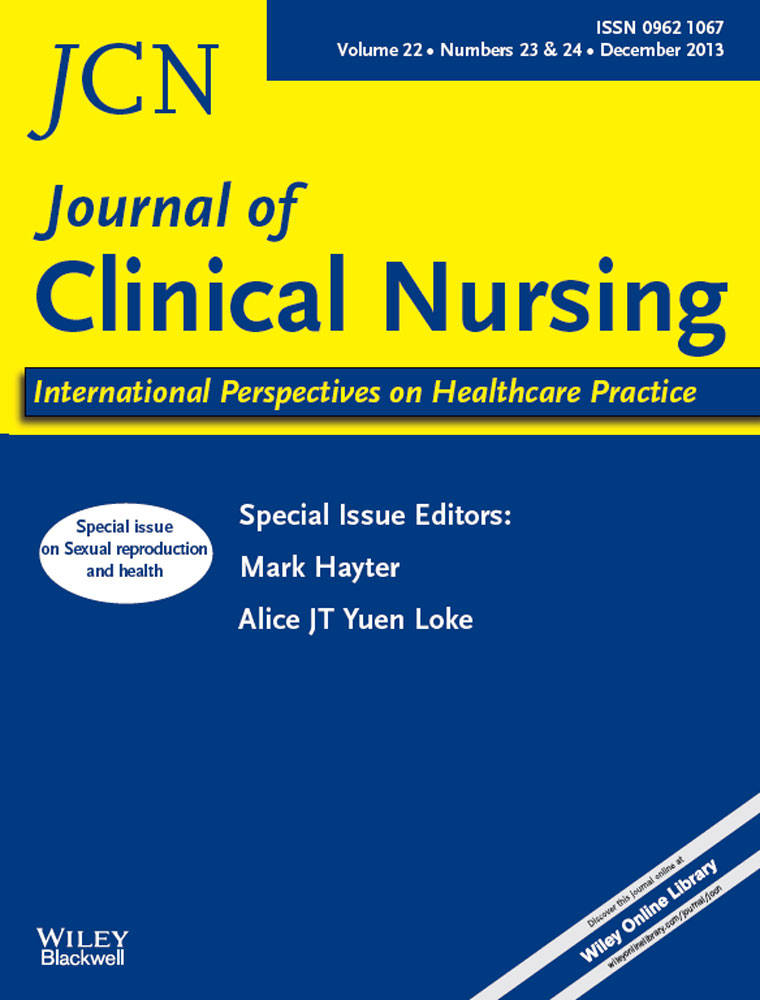Parents' constructions of communication with their children about safer sex
Abstract
Aims and objectives
To analyse how a sample of parents reportedly communicated with their adolescent and preadolescent children about safer sex (contraceptive and condom use).
Background
Among the plethora of existing research available on parent–child communication about sexuality (more broadly), very few studies detail the substance and tenor of what parents actually convey specifically about safer sex.
Design
The study adopted a qualitative methodology and involved interviewing 43 parents (32 mothers and 11 fathers). Data were analysed using modified analytical induction.
Results
Findings indicated that although the majority of parents professed to being open about sexuality with their children, only a minority reportedly conveyed direct messages about contraception and condom use. Moreover, these direct messages appeared to be imparted at a superficial level. Parents were more likely to communicate such messages in a tacit manner through innuendo and intimation. The complacency that parents displayed about the need to undertake safer sex education with their adolescents arose from an understanding that this was covered adequately at school and the belief that their teenager was not in a romantic relationship. In addition, some parents expressed concern that discussing safer sex with teenagers might actually encourage sexual activity.
Conclusion
We conclude that some parents may consider themselves to have engaged in sexuality education around safer sex when it appears to be predominantly surface-level education; that what constitutes ‘doing’ sexuality education is far from clear-cut may cast some light on why there is little consistency in the literature on the impact of parental communication on sexual health outcomes for young people.
Relevance to clinical practice
For nurses engaged in sexuality health promotion with parents, we caution about presenting unequivocal messages to parents about the impact of parental communication about sexuality on adolescent sexual behaviour without due acknowledgement of the grey areas indicated in the literature.




